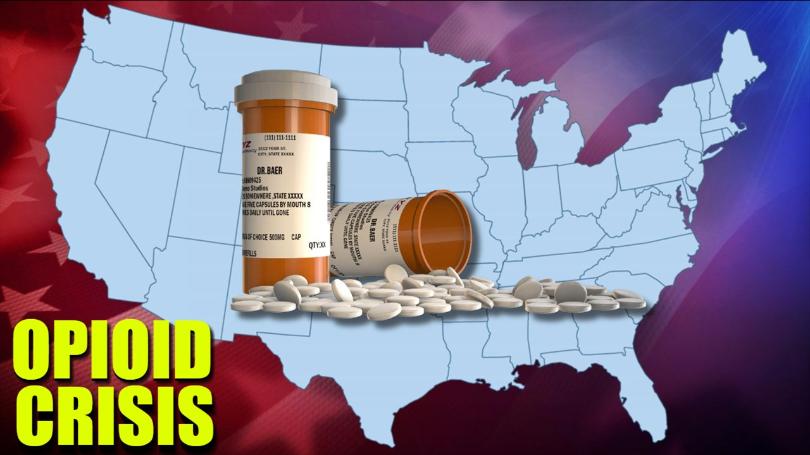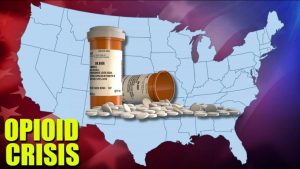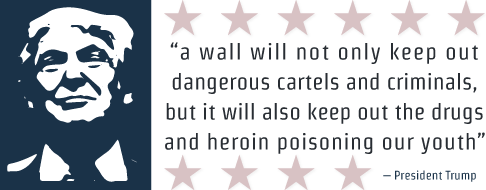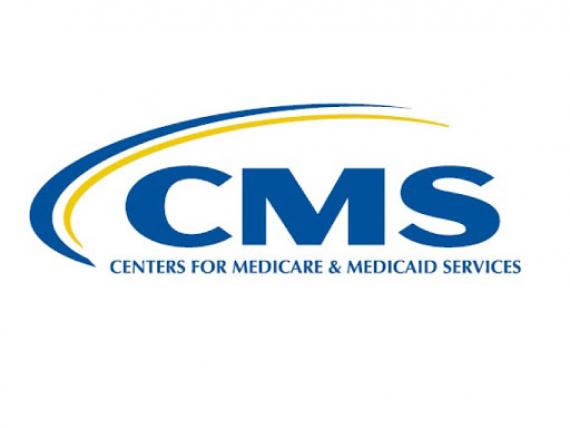White House announces a new multimillion dollar public awareness advertising campaign to combat opioid addiction. The first four ads of the campaign are all based on true stories illustrating the extreme lengths young adults have gone to get a hold of the powerful drugs.
Category: Opioid Class
2018 – April 9: Surgeon General issues advisory to carry rescue meds for opioid overdoses

The US surgeon general issues an advisory recommending that Americans carry the opioid overdose reversing drug, naloxone. A surgeon general advisory is a rarely used tool to convey an urgent message. The last advisory issued by the surgeon general, more than a decade ago, focused on drinking during pregnancy.
2018- March 18: President Trump releases 3 focus areas to fight the opioid crisis

 The Trump administration outlines an initiative to stop opioid abuse. The three areas of concentration are law enforcement and interdiction; prevention and education via an ad campaign; and job seeking assistance for individuals fighting addiction.
The Trump administration outlines an initiative to stop opioid abuse. The three areas of concentration are law enforcement and interdiction; prevention and education via an ad campaign; and job seeking assistance for individuals fighting addiction.
2018- February 27: Federal government begins collaboration with local jurisdictions
Attorney General Jeff Sessions announces a new opioid initiative: the Prescription Interdiction & Litigation (PIL) Task Force. The mission of the task force is to support local jurisdictions that have filed lawsuits against prescription drugmakers and distributors.
2017- November 17: President Trump’s Opioid Commission releases final report
The opioid commission releases its final report. Its 56 recommendations include a proposal to establish nationwide drug courts that would place opioid addicts in treatment facilities rather than prison.
2018- February 18: President Trump authorizes $6B to fight the opioid crisis.

A budget agreement signed by President Trump authorizes $6 billion for opioid programs, with $3 billion allocated for 2018 and $3 billion allocated for 2019.
2017- November 1- CMS announces they will approve waiver to relax IMD exclusion for substance abuse treatment

From the press release-
CMS announces new Medicaid policy to combat the opioid crisis by increasing access to treatment options
Approves demonstrations in both New Jersey and Utah
Today, the Centers for Medicare & Medicaid Services (CMS) announced a new policy to allow states to design demonstration projects that increase access to treatment for opioid use disorder (OUD) and other substance use disorders (SUD). CMS’s new demonstration policy responds to the President’s directive and provides states with greater flexibility to design programs that improve access to high quality, clinically appropriate treatment. In addition, CMS is announcing the immediate approval of both New Jersey and Utah’s demonstration waivers under the new policy.
Through this updated policy, states will be able to pay for a fuller continuum of care to treat SUD, including critical treatment in residential treatment facilities that Medicaid is unable to pay for without a waiver.
“This new demonstration policy comes as a direct result of the President’s commitment to address the opioid crisis and ensure states have immediate relief and flexibility,” said CMS Administrator Seema Verma. “Previous policies ignored the growing urgency of the national opioid epidemic and instead put onerous requirements on states that ultimately prevented individuals from accessing these needed services. The Trump Administration’s approach reflects the pressing nature of the issues states are facing on the ground.”
Previously, states had been required to build out their entire delivery system for SUD treatment while also meeting rigid CMS standards before Medicaid demonstration approvals could be granted. The new policy will allow states to provide greater treatment options while improving their continuum of care over time…
https://www.cms.gov/newsroom/press-releases/cms-announces-new-medicaid-policy-combat-opioid-crisis-increasing-access-treatment-options
https://www.cms.gov/newsroom/press-releases/cms-announces-new-medicaid-policy-combat-opioid-crisis-increasing-access-treatment-options
2017- September 17: CVS changes opioid policy

2017- March 17: President Trump establishes commission to fight Opioid Crisis
President Donald Trump signs an executive order calling for the establishment of the President’s Commission on Combating Drug Addiction and the Opioid Crisis. New Jersey Governor Chris Christie is selected as the chairman of the group.
2016- March 16: CDC publishes guidelines for physician opioid prescribing behaviors
The CDC publishes guidelines for prescribing opioids for patients with chronic pain. Recommendations include prescribing over the counter pain relievers like acetaminophen and ibuprofen in lieu of opioids. Doctors are encouraged to promote exercise and behavioral treatments to help patients cope with pain.
